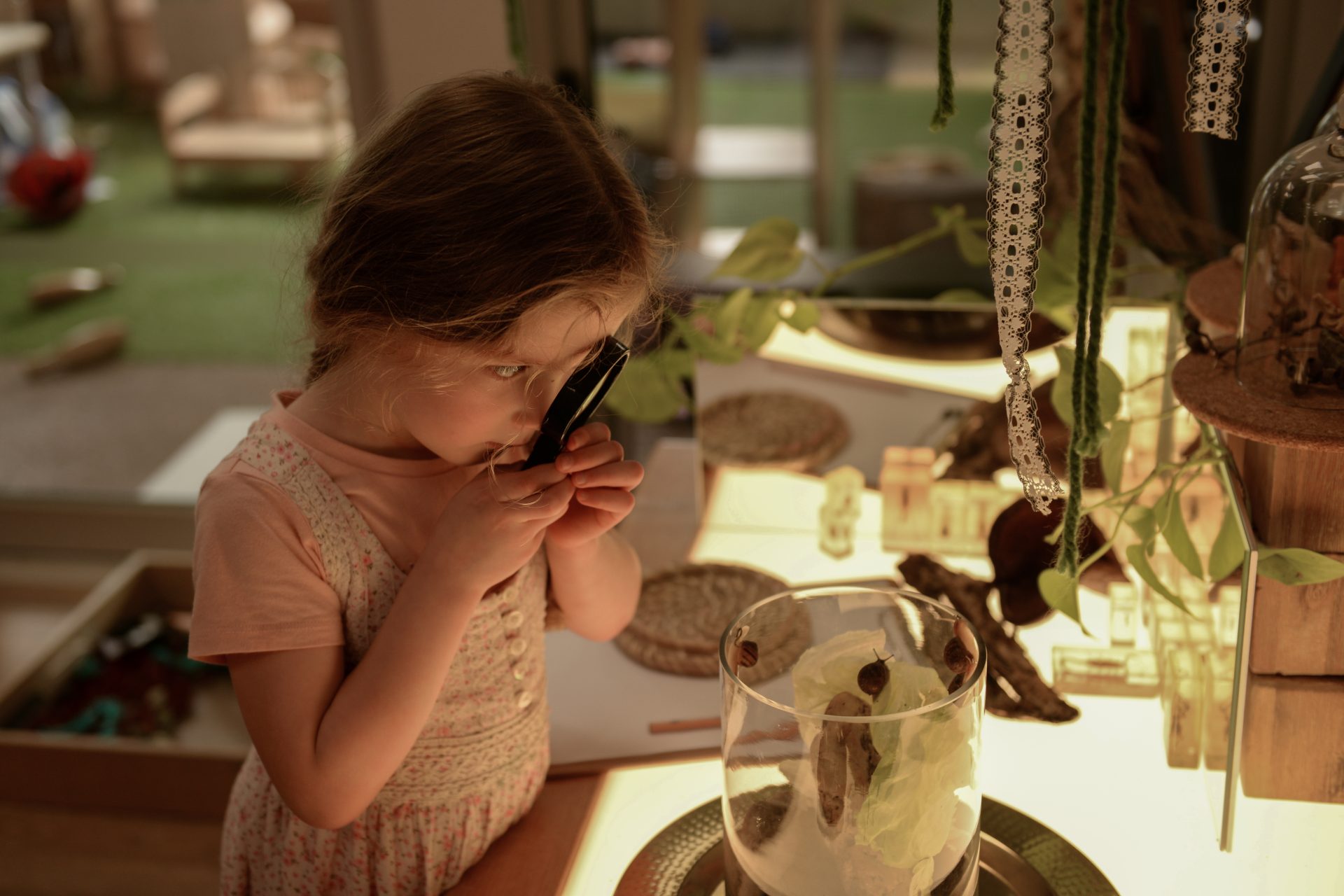
Critical thinking has always been important. But in the rapidly changing landscape of the 21st century, it’s become a fundamental necessity that drives both personal and professional success.
The art of critical thinking isn’t learned overnight. In common with all skills, it begins at a basic level and builds over time. Proven childcare approaches, such as Reggio Emilia, can play a vital role in creating the positive building blocks of emotional, cognitive and social abilities from which great critical thinking can flourish.
What is Critical Thinking and Why is it So Important?
In a nutshell, critical thinking is the ability to make decisions based on objective and rational analysis of information. It’s about challenging data, rather than simply accepting it, recognising both external and internal bias, using reasoning and evaluation to come to a judgement.
Today’s rapidly evolving and challenging world means this has never been so vital. Critical thinking helps a person to:
- Be adaptable: The ability to review, evaluate and revise information increases a person’s resilience.
- Communicate effectively: Critical understanding leads to logical presentation of ideas and the ability to engage in positive dialogue.
- Be a great problem solver: By breaking complex challenges down into smaller parts for evaluation and action.
- Make informed decisions: In both personal and professional situations.
- Better navigate an increasingly complex technical environment: Critical thinking is a key skill that helps a person separate fact from fiction and propaganda.
From employment opportunities to personal satisfaction, developed critical thinking skills impact virtually every element of life.
How the Reggio Emilia Approach Provides the Foundations for Great Critical Thinking
If we break down the attributes of critical thinking into six easy elements, the link to the Reggio Emilia approach immediately apparent.
- Curiosity: The open-ended, child-led learning method encourages further exploration. Children are empowered to follow their natural instincts, make decisions about what to do next, test out theories (will that stack of bricks topple when another is added?), revisit, go off on a tangent…
- Questioning: No parent or caregiver needs any reminding that children question everything. This is a key element of critical thinking, with many a child amazing those around them with the insightfulness that simplistic reasoning can lead to. (Ah, to see through the eyes of a child again…).
- Observing: Again, children have an uncanny knack of picking up on what’s happening around them. From noticing the actions of their peers to spotting patterns and inconsistencies, observation skills are encouraged both through Reggio environment and educator interactions.
- Reasoning: To use our stack of bricks example, why did it topple? Will it happen again? What actions are needed to prevent it happening? The basics of cause and effect come into play.
- Communication: We’ve already determined that good critical thinkers can rationally and effectively communicate with others. The Reggio Emilia approach places a huge emphasis on the multiple forms of expression, with cognitive abilities honed through fun activities including art, dance, music, drama, drawing and more.
- Reflection: One of the unique elements of Reggio is how children are encouraged to think about and communicate their learning and thoughts. This helps with the development of analytical skills, self-awareness, emotional control and how to regulate their own thinking.
Critical thinking is a learned skill, one that absolutely is best honed from a solid foundation of attributes that begin building during the early years. Evoke Early Learning is committed to providing the right simulating, home-from-home environment that continues the great work that parents and caregivers do in raising their children.
This is evident through our entire spectrum, from nursery through toddler and pre-Kindy and into our Kindergarten classes. And we’d love for you to see us in action.
Book a tour today at either our Clayton or Albert Park Centres. We can’t wait to meet you… Discover more about our values and contact our team for a chat today.

Tracey is a highly qualified educator and administrator and brings a strong combination of academic achievement, extensive work experience in the education and business sectors as well as drive and passion to her role as General Manager of Operations at Evoke Early Learning.
Tracey has a Master of Education and an Advanced Diploma of Business and holds VIT Dual Registration to teach in Early Childhood and Primary School settings. She’s also a VIT Trained Mentor Teacher and has worked in ECEC settings as a Director, Educational Leader and as a Victorian Senior Area manager. Her recognition as a state finalist in the recent Director of the Year Awards is testament to her achievements in the early education sector.
Her extensive work experience also included a stint as Head of Curriculum at the Royal Children’s Hospital Education Institute and positions as head of ICT at a number of large primary and secondary schools. Tracey is also experienced in not-for-profit sessional kindergarten settings and long daycare environments, so she has a deep understanding of what’s required to support the needs and expectations of young children, educators, parents and caregivers.
Tracey is responsible for operational management at Evoke Early Learning’s Clayton centre in Oakleigh East and their Albert Park centre in South Melbourne and is deeply committed to leading and driving effective and sustainable service delivery throughout the company.
Tracey is passionate about making a meaningful difference to young children, their parents and the wider community and under her expert guidance, Evoke Early Learning is continuing to raise the bar in quality early education and childcare.


